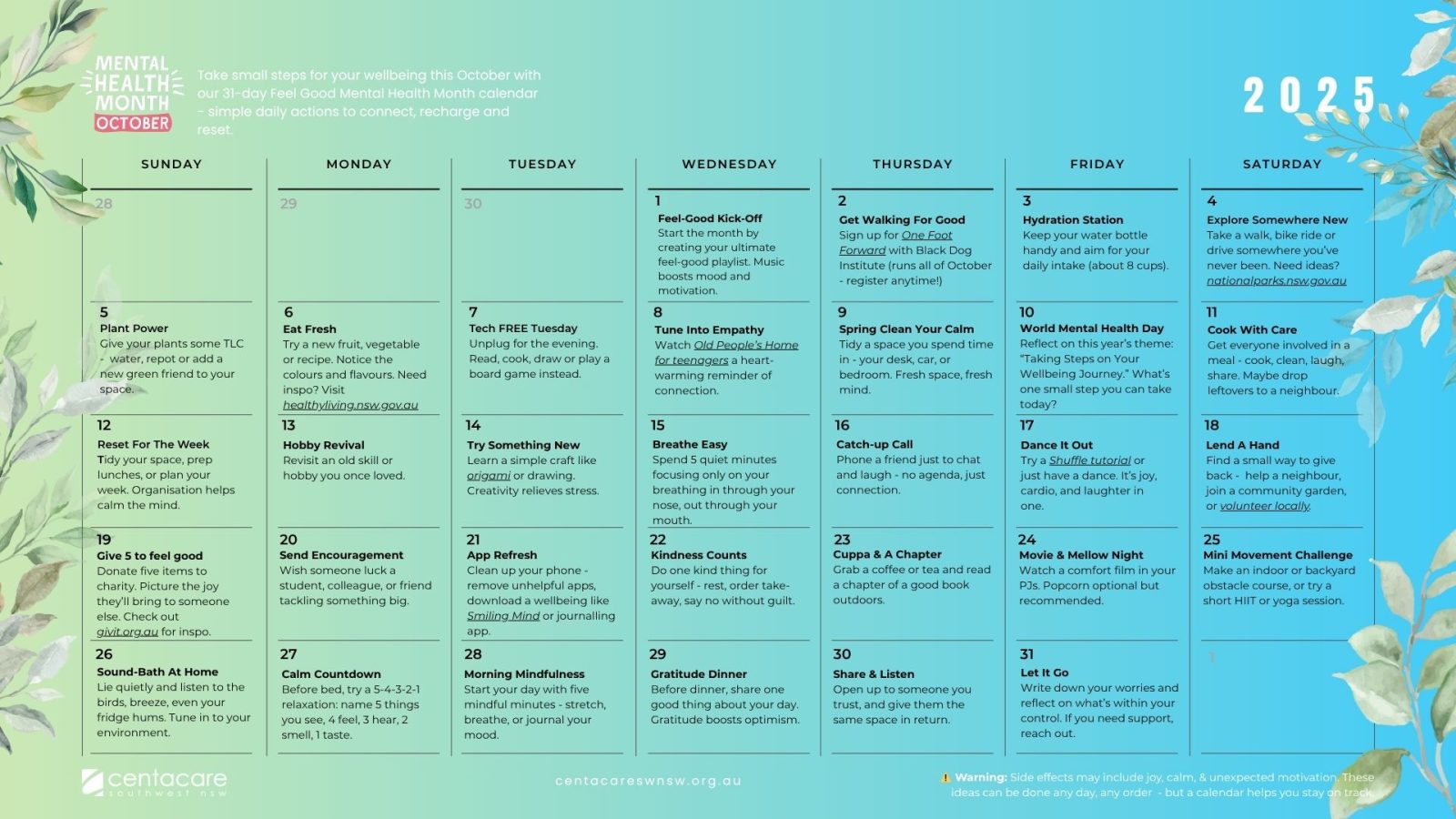Cognitive Assessment For Children
Unlock your child’s potential
Designed to evaluate key mental processes like intelligence, memory and problem-solving skills, cognitive assessments are a great way to understand your child’s unique strengths or challenges.
Gain the insights
Empower their future
What is cognitive assessment and why do we do it?
Cognitive Assessment for children involves a comprehensive evaluation of a child’s mental processes, including their intelligence, memory, attention, problem-solving skills, language abilities, and academic performance. These assessments help tailor educational and therapeutic strategies to support your child’s learning and well-being whether your child is academically gifted or struggles with attention, behaviour or academics.
Key Benefits of Cognitive Assessment
Identify Academic Strengths and Weaknesses
Understand areas where your child excels or may need additional support.
Determine School-Readiness
Assess whether your child is prepared for the academic and social demands of school.
Diagnose Learning Difficulties
Identifies specific challenges that may affect your child’s ability to learn effectively.
Detect Cognitive Disorders
Helps diagnose conditions like intellectual disabilities that may require tailored interventions.
Evaluate Attention and Focus Issues
Assists in diagnosing conditions such as ADHD, addressing difficulties with attention and concentration.
Address Behavioral Problems
Identifies behavioral issues that may impact learning and social interactions.
Guide Educational Planning
Provides insights that inform individualised educational strategies and interventions.
Support Therapeutic Strategies
Helps design targeted therapeutic approaches to improve your child’s overall well-being and academic performance.
Who conducts the assessment?
This type of assessment is conducted by a trained psychologist and typically includes standardised tests, observations and interviews with parents and teachers.
What tests are typically used?
The Wechsler Preschool and Primary Scale of Intelligence (WPPSI) is a standardised test designed to measure the cognitive development of children aged 2 years 6 months to 7 years 7 months. It assesses various domains, including verbal comprehension, visual-spatial skills, working memory, and processing speed. The WPPSI helps identify intellectual strengths and weaknesses, guiding educational planning and intervention strategies.
The Wechsler Intelligence Scale for Children—Fifth Edition (WISC-V) is a comprehensive cognitive assessment tool for children aged 6 to 16 years and 11 months. It evaluates five primary index scores: Verbal Comprehension, Visual Spatial, Fluid Reasoning, Working Memory, and Processing Speed. The WISC-V is widely used to identify cognitive strengths and weaknesses and learning disabilities and to guide educational and clinical interventions.
The Wechsler Individual Achievement Test – Third Edition (WIAT-III) is a comprehensive tool used to assess the academic skills of individuals aged 4 to 50 years 11 months. It measures key areas such as reading, mathematics, written language, and oral language. The WIAT-III is often used to identify learning disabilities, inform educational planning, and monitor academic progress over time.
The Conners 3rd Edition (Conners 3) is a widely used assessment tool designed to evaluate behavioral, emotional, and academic concerns in children and adolescents aged 6 to 18. It provides a assessment of symptoms related to Attention-Deficit/Hyperactivity Disorder (ADHD) and comorbid disorders, including oppositional defiant disorder and conduct disorder. The Conners 3 includes rating scales completed by parents, teachers, and the children themselves, offering a comprehensive view of the child’s behavior across different settings.
Who is eligible for Cognitive Assessment
This assessment is available for all children aged 6 – 18.
Cognitive Assessment
Process
Step 1
Initial Consultation - We begin with an initial consultation and parent interview.
Step 2
Review - We review all of the gathered information and selection of assessment tools.
Step 3
Testing session – Using one of the aforementioned tests.
Step 4
Results – Results are interpreted and written into a report.
Step 5
Outcomes and Recommendations – Results, feedback and recommendations are provided to parents and teachers.
Latest News From Centacare
What’s been happening?







